|
Concurrent Session Block III
CS 3A: Salaries, Systemic Change, and DEIB – Implications from IOA Compensation and Practice Data | White River B
IOA offers two separate surveys biennially. In the spring of 2023, compensation data were collected, and practice data is scheduled to be collected in early spring of 2024. This session will reveal relevant survey data that may inform ombuds practice, especially related to DEIB and other delicate organizational matters. The data will also illuminate the extent to which and how ombuds work with organizations to effect meaningful systemic change. Further, the survey team will share compensation data and help attendees decipher what that may mean to those who hope to start an ombuds office, expand an ombuds team, or negotiate salary increases.
 Dr. Jennifer Schneider is the Student Ombuds at the University of South Florida (USF), offering ombuds services to nearly 50K undergraduate, graduate, and professional students. Prior to her current role, Jennifer held various administrative positions at USF, the University of Central Florida, and at Polk State College. She also spent over ten years teaching in the public K-12 system. Jennifer has been an active IOA volunteer since 2015. She currently serves on the Research and Assessment Committee and the Advocacy Committee. She was previously a member of the Communications Committee, where she served as editor of The Independent Voice, IOA's newsletter/blog. Dr. Jennifer Schneider is the Student Ombuds at the University of South Florida (USF), offering ombuds services to nearly 50K undergraduate, graduate, and professional students. Prior to her current role, Jennifer held various administrative positions at USF, the University of Central Florida, and at Polk State College. She also spent over ten years teaching in the public K-12 system. Jennifer has been an active IOA volunteer since 2015. She currently serves on the Research and Assessment Committee and the Advocacy Committee. She was previously a member of the Communications Committee, where she served as editor of The Independent Voice, IOA's newsletter/blog.
 Dr. Mary Rowe was an ombuds at MIT for ~ 42 years, and since then has been Adjunct Professor of Negotiation and Conflict Management at the MIT Sloan School of Management, doing research and widespread consulting about ombuds, conflict management systems, harassment, bystanders, and micro-affirmations. Her research and publications website contains many dozens of articles, mostly free access, about being an ombud and about ombuds practice. She also put many records into MIT Archives. Dr. Mary Rowe was an ombuds at MIT for ~ 42 years, and since then has been Adjunct Professor of Negotiation and Conflict Management at the MIT Sloan School of Management, doing research and widespread consulting about ombuds, conflict management systems, harassment, bystanders, and micro-affirmations. Her research and publications website contains many dozens of articles, mostly free access, about being an ombud and about ombuds practice. She also put many records into MIT Archives.
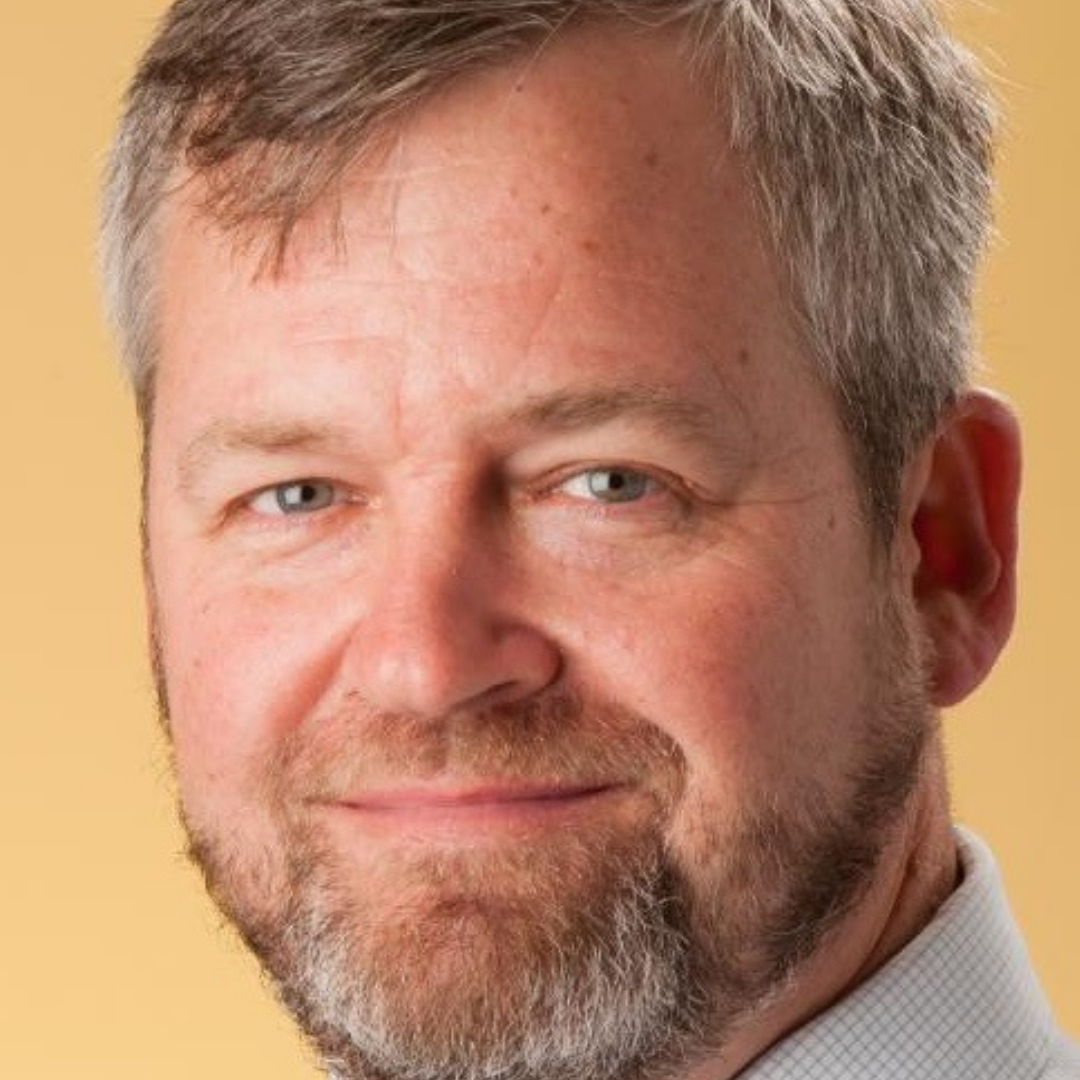
Dr. Timothy Hedeen is an experienced ombuds, mediator, and researcher, as well as Professor of Conflict Management at Kennesaw State University. He describes his work as "constructive conflict engagement," whether mediating workplace disputes, coaching private clients, or facilitating public policy dialogues. He frequently serves as a consultant, trainer, and evaluator in organizational, judicial, and educational settings. He's conducted many studies of ombuds services, including the ACUS report on federal agency ombuds, the past four IOA bi-annual practice surveys, and comprehensive reviews of ombuds offices at major universities.
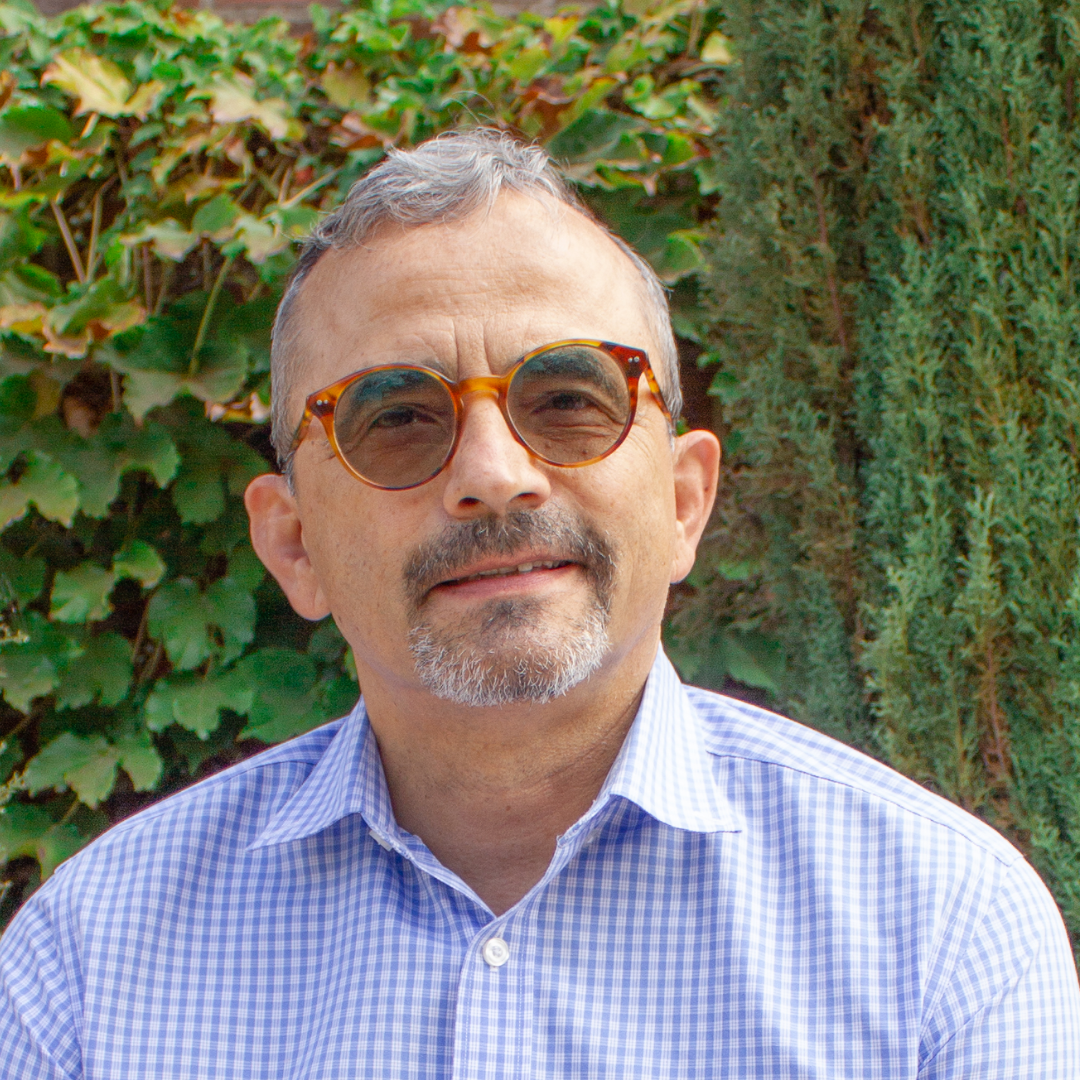 Dr. Hector Escalante is the University Ombuds at UC Merced. He was previously the inaugural ombuds for the University of the Pacific and continues to offer ombuds services to small non-profit organizations. Hector specializes in conflict resolution, healthy communication, and learning and development that promotes inclusion, healthy communication, and conflict resolution. Hector's passions include treating all with fairness, equity, dignity, and compassion. Dr. Hector Escalante is the University Ombuds at UC Merced. He was previously the inaugural ombuds for the University of the Pacific and continues to offer ombuds services to small non-profit organizations. Hector specializes in conflict resolution, healthy communication, and learning and development that promotes inclusion, healthy communication, and conflict resolution. Hector's passions include treating all with fairness, equity, dignity, and compassion.
CS 3B: Leveraging Cultural Diversity: Identifying, Resolving and Preventing Cultural Conflicts | White River G-H
In an international and multicultural work environment, cross-cultural conflicts are inevitable. When a conflict arrives at the Ombuds Office, it is crucial that the Ombuds is equipped with the inclusion and exclusion criteria to identify a cultural conflict. This will enable the Ombuds to effectively resolve and prevent cross-cultural conflicts in the future, thus empowering the organization to better leverage a diverse workforce.
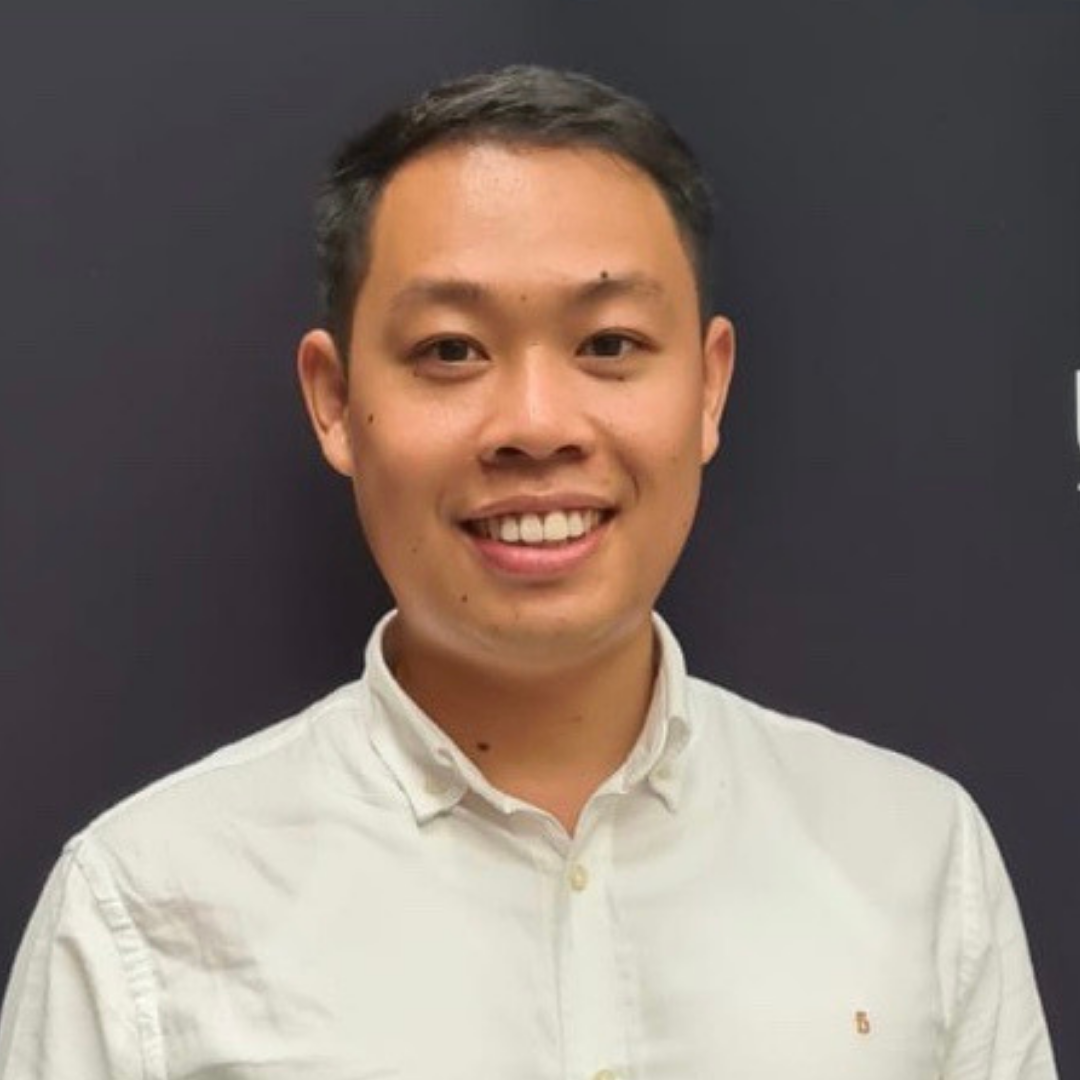 Qinhui Jiang serves as an Associate Conflict Resolution and Mediation Officer at UNHCR Office of the Ombudsperson and Mediator in Nairobi. Born and raised in Southern China, studied and worked in Europe, and currently working in Africa, he gained extensive experience in understanding cultural diversity and dealing with cultural conflicts in a multicultural environment. Qinhui Jiang serves as an Associate Conflict Resolution and Mediation Officer at UNHCR Office of the Ombudsperson and Mediator in Nairobi. Born and raised in Southern China, studied and worked in Europe, and currently working in Africa, he gained extensive experience in understanding cultural diversity and dealing with cultural conflicts in a multicultural environment.
CS 3C: Pandora's Box or Powerful Tool? Befriending Emotions in Ombuds Practice | White River I-J
Ombuds practitioners often focus on language and stories and leave related emotions out of the conversation. Yet, emotions are as normal as breathing, eating, or sleeping - every human has them and they transcend language and core identity. Understanding this allows Ombuds to add an additional layer of meaning to their work. Acknowledging and clarifying emotions offers important information; what they are trying to tell us, their related energy and motion, and their purpose. Ombuds comfortable with emotions as a resource can help visitors be at ease with their emotions and see them as a support/resource rather than something to avoid. Since the idea of Emotional Intelligence gained popularity there has been growing awareness of its importance to human beings in relationships and conflict. What has been lacking is this structured way to understand emotions and work with them.
This workshop will answer the question "What are emotions?" and explore a new and surprisingly logical way to interpret and invite them into conversation. We'll learn to consider emotions in terms of (1) the story they tell us / information they are sharing (2) their impulse / pre-disposition toward action (3) their purpose. Attendees will leave with a clear understanding and interpretation that will enrich their Ombuds practice and their life!
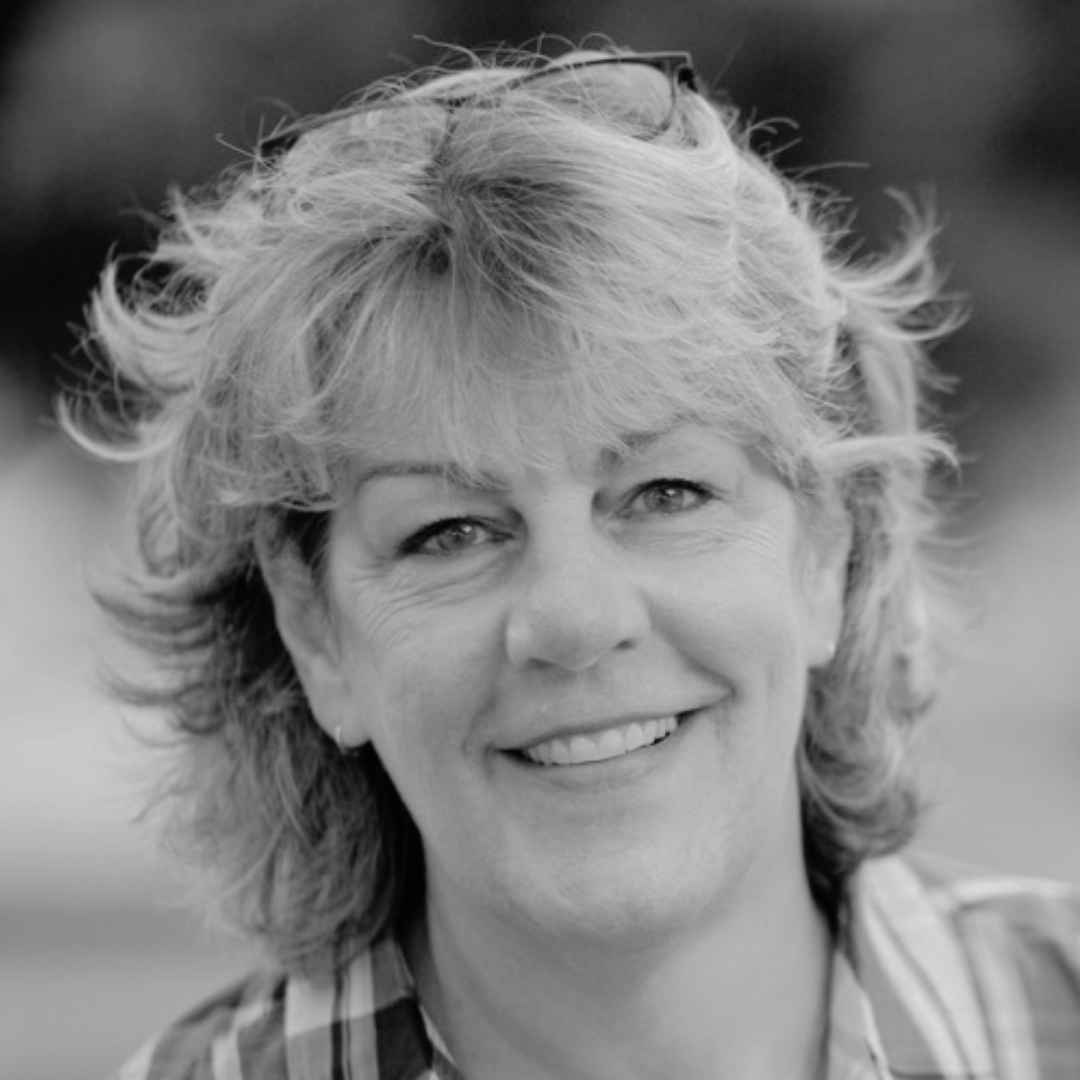 Tracey Brant is intensely curious, and learned a long time ago that things aren't always as they seem. She prefers feedforward over feedback... and can often be found working out her thoughts on an eight-foot-wide whiteboard next to which is a copy of the poem "Start Close In" by David Whyte. As a professional certified coach and certified organizational ombuds practitioner, Tracey has found the combination uniquely positions her as an Ombuds. She quickly became known as a "force for good" at Dartmouth College in 2022 when she took her Ombuds experience from Cornell to reestablish the Ombuds function there. Tracey Brant is intensely curious, and learned a long time ago that things aren't always as they seem. She prefers feedforward over feedback... and can often be found working out her thoughts on an eight-foot-wide whiteboard next to which is a copy of the poem "Start Close In" by David Whyte. As a professional certified coach and certified organizational ombuds practitioner, Tracey has found the combination uniquely positions her as an Ombuds. She quickly became known as a "force for good" at Dartmouth College in 2022 when she took her Ombuds experience from Cornell to reestablish the Ombuds function there.
CS 3D: Putting Aside Neutrality: When an Ombuds Needs to Advocate for IOA Compliance | White River C-D
This presentation will discuss the situations when ombuds need to proactively advocate for changes to their program or react when there are pressures for inappropriate changes. Presenters will also elicit group norms from the attendees to encourage maximum participation in a safe environment. Attendees will be invited to gather in small groups of 4 to 5 to discuss what challenges they have faced as ombuds when trying to set up or manage an IOA-compliant ombuds program.
Challenges might include: The ombuds resource reports to a formal function (such as HR or Compliance) which creates confusion for potential visitors, Joining an ombuds office that does not have a Charter or the Charter needs revisions; Communication systems (such as email or data collection) are shared or accessible by the organization's IT department leading to potential breaches in confidentiality; New executives unfamiliar with the ombuds function attempt to revise the ombuds' role or function.; Ombuds have other collateral duties that interfere with the ombuds' ability to uphold IOA Standards.-
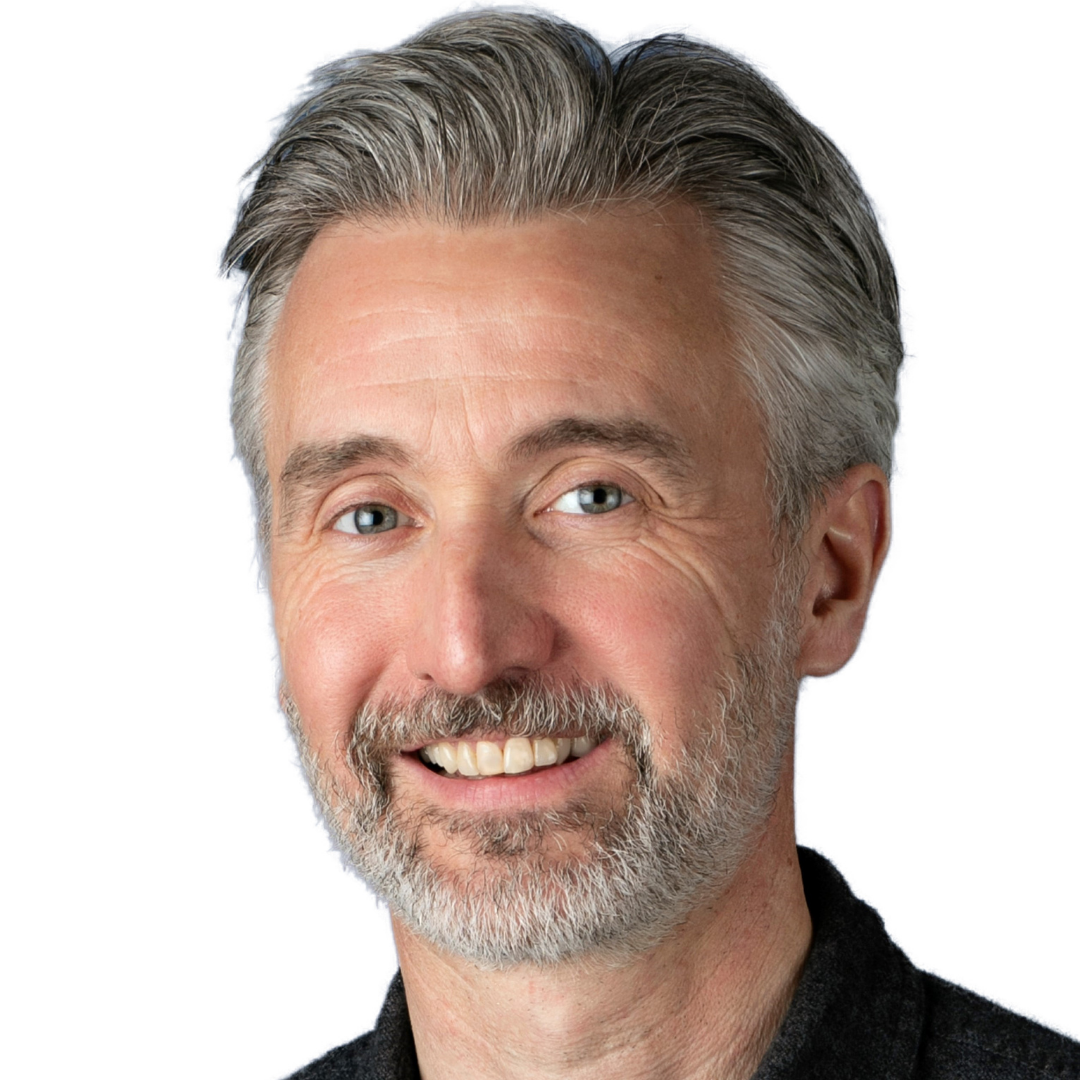 Chuck Doran is an experienced outsourced ombuds, mediator, and dispute resolution trainer. Chuck is a Certified Organizational Ombuds Practitioner (CO-OP) and a member of the International Ombuds Association who completed ombuds training with the IOA in 1995. Chuck has served as an outsourced organizational ombuds for companies, universities, and other organizations since 1997. A mediator since 1992, he is a member of the National Academy of Distinguished Neutrals and the CPR Dispute Resolution Panel of Distinguished Neutrals. He has mediated with the Equal Employment Opportunity Commission (EEOC), the Massachusetts Commission Against Discrimination (MCAD), MWI, the Harvard Mediation Program, and the United States Postal Service REDRESS I and REDRESS II Mediation Panels. Chuck works nationally and internationally as a dispute resolution trainer and consultant with corporate, governmental, and non-profit clients including Coca-Cola Enterprises, General Motors, Bose Corporation, and the Harvard Negotiation Project at Harvard Law School. Chuck has served as a teaching assistant on multiple occasions with Professor Roger Fisher at Harvard Law School's Program of Instruction for Lawyers Negotiation Workshop. Chuck served as a member of the Massachusetts Supreme Judicial Court Standing Committee on Dispute Resolution and was Chair of the Qualifications Subcommittee. He is a member of the Massachusetts Bar Association's Dispute Resolution Advisory Group and is a past president of the Association for Conflict Resolution, New England Chapter. Chuck is also a Distinguished Fellow with the International Academy of Mediators (IAM) and a past president of IAM's Board of Governors. Chuck Doran is an experienced outsourced ombuds, mediator, and dispute resolution trainer. Chuck is a Certified Organizational Ombuds Practitioner (CO-OP) and a member of the International Ombuds Association who completed ombuds training with the IOA in 1995. Chuck has served as an outsourced organizational ombuds for companies, universities, and other organizations since 1997. A mediator since 1992, he is a member of the National Academy of Distinguished Neutrals and the CPR Dispute Resolution Panel of Distinguished Neutrals. He has mediated with the Equal Employment Opportunity Commission (EEOC), the Massachusetts Commission Against Discrimination (MCAD), MWI, the Harvard Mediation Program, and the United States Postal Service REDRESS I and REDRESS II Mediation Panels. Chuck works nationally and internationally as a dispute resolution trainer and consultant with corporate, governmental, and non-profit clients including Coca-Cola Enterprises, General Motors, Bose Corporation, and the Harvard Negotiation Project at Harvard Law School. Chuck has served as a teaching assistant on multiple occasions with Professor Roger Fisher at Harvard Law School's Program of Instruction for Lawyers Negotiation Workshop. Chuck served as a member of the Massachusetts Supreme Judicial Court Standing Committee on Dispute Resolution and was Chair of the Qualifications Subcommittee. He is a member of the Massachusetts Bar Association's Dispute Resolution Advisory Group and is a past president of the Association for Conflict Resolution, New England Chapter. Chuck is also a Distinguished Fellow with the International Academy of Mediators (IAM) and a past president of IAM's Board of Governors.
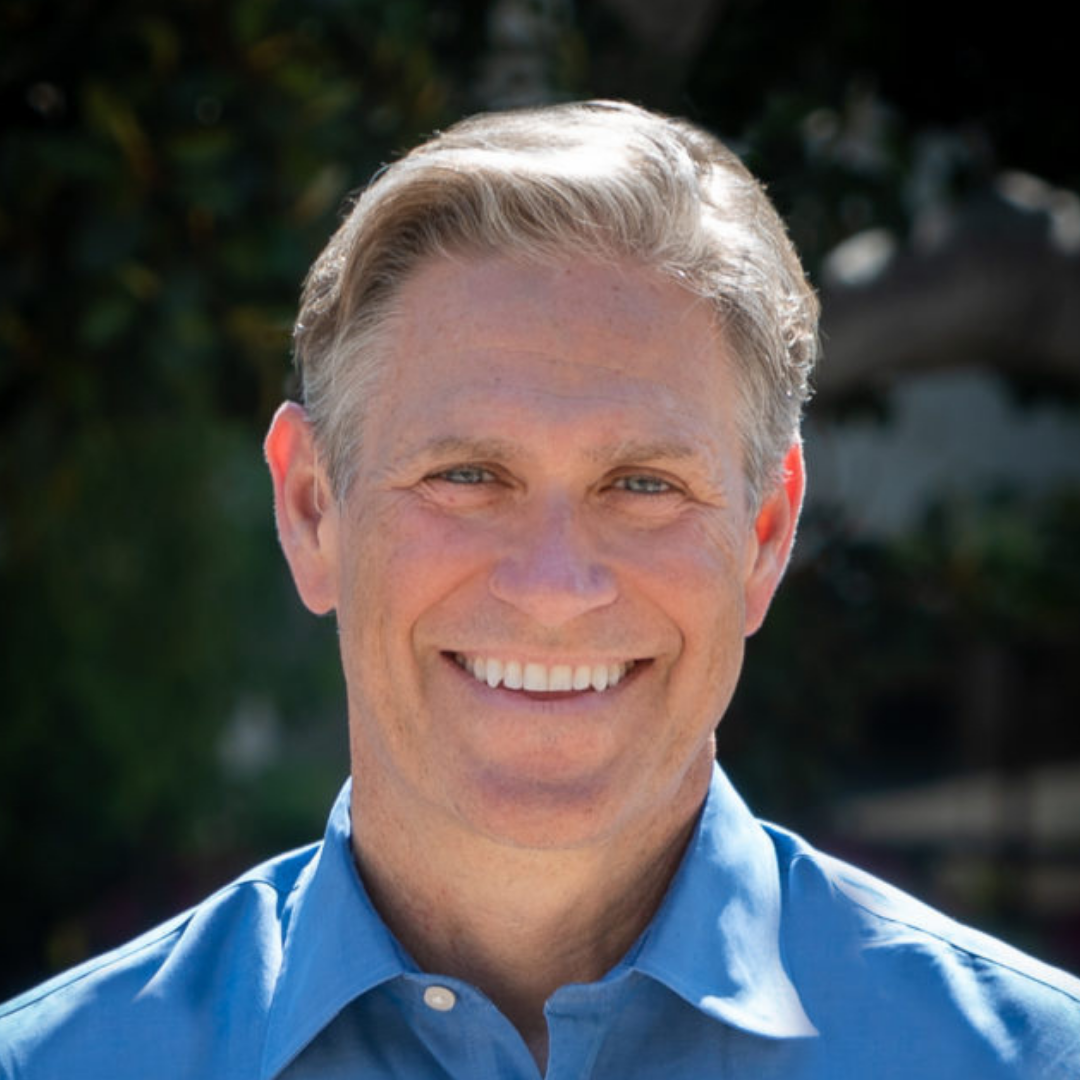 Tom A. Kosakowski, JD, serves as the University Ombuds for the Health Sciences Campus, including seven teaching hospitals, clinics, and research facilities. Prior to establishing the office at USC in 2019, Tom served in a similar capacity as the Ombuds for the Health System at UCLA for 12 years. He also created the Ombuds Office at Claremont Graduate University and served as the Campus Ombuds at UC Riverside. He trained as a mediator with the LA County Bar Association and mediated cases for the LA Superior Court. Tom is an active member of the International Ombuds Association and served on its Board of Directors, including a term as President. He regularly teaches new ombuds as a "Foundations" instructor for IOA. Tom also publishes "The Ombuds Blog", an independent news site for the organizational ombuds profession. This is Tom's third career; he worked as an economist and attorney before becoming an ombuds in 2007. Tom A. Kosakowski, JD, serves as the University Ombuds for the Health Sciences Campus, including seven teaching hospitals, clinics, and research facilities. Prior to establishing the office at USC in 2019, Tom served in a similar capacity as the Ombuds for the Health System at UCLA for 12 years. He also created the Ombuds Office at Claremont Graduate University and served as the Campus Ombuds at UC Riverside. He trained as a mediator with the LA County Bar Association and mediated cases for the LA Superior Court. Tom is an active member of the International Ombuds Association and served on its Board of Directors, including a term as President. He regularly teaches new ombuds as a "Foundations" instructor for IOA. Tom also publishes "The Ombuds Blog", an independent news site for the organizational ombuds profession. This is Tom's third career; he worked as an economist and attorney before becoming an ombuds in 2007.
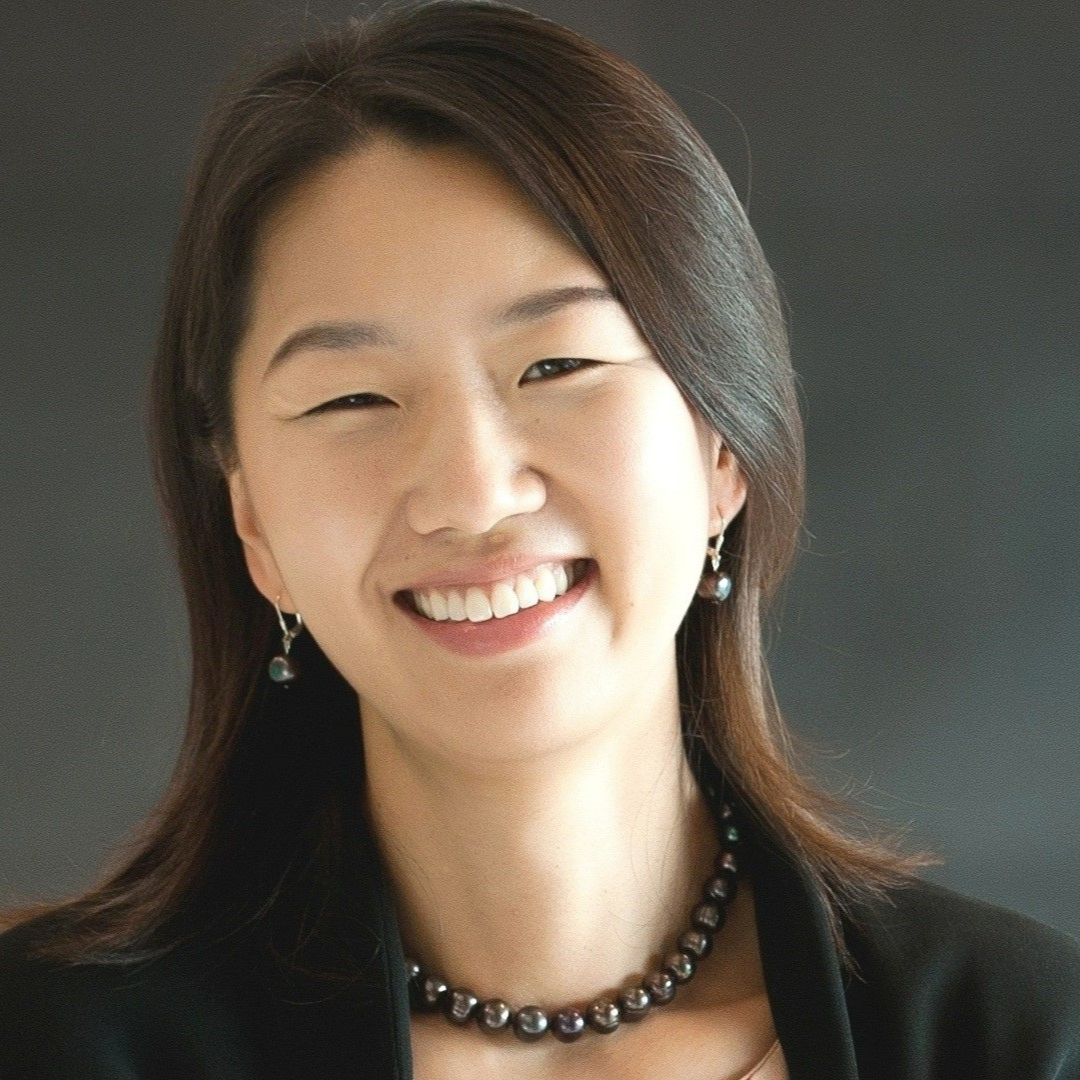 Charmhee Kim is an experienced ombuds and cross-cultural trainer. She was an ombuds for 15 years at McKinsey & Company, a global management consultancy, addressing workplace conflicts, career development concerns, allegations of harassment, discrimination, and mental health issues. She has been an active member of the International Ombuds Association (IOA) since 2007 and was trained in its Foundations of Organizational Ombudsman Practice Course which she later taught as faculty. Charmhee served on the IOA Board of Directors and co-chaired its Global Marketing Task Force. Prior to entering the ombuds profession, Charmhee worked as a management consultant, investment banker, and public affairs specialist with the United Nations. She holds an MBA from the University of Pennsylvania's Wharton School and an MA from Johns Hopkins University's School of Advanced International Studies. Charmhee is trilingual in English, Korean, and Mandarin Chinese. Charmhee Kim is an experienced ombuds and cross-cultural trainer. She was an ombuds for 15 years at McKinsey & Company, a global management consultancy, addressing workplace conflicts, career development concerns, allegations of harassment, discrimination, and mental health issues. She has been an active member of the International Ombuds Association (IOA) since 2007 and was trained in its Foundations of Organizational Ombudsman Practice Course which she later taught as faculty. Charmhee served on the IOA Board of Directors and co-chaired its Global Marketing Task Force. Prior to entering the ombuds profession, Charmhee worked as a management consultant, investment banker, and public affairs specialist with the United Nations. She holds an MBA from the University of Pennsylvania's Wharton School and an MA from Johns Hopkins University's School of Advanced International Studies. Charmhee is trilingual in English, Korean, and Mandarin Chinese.
|